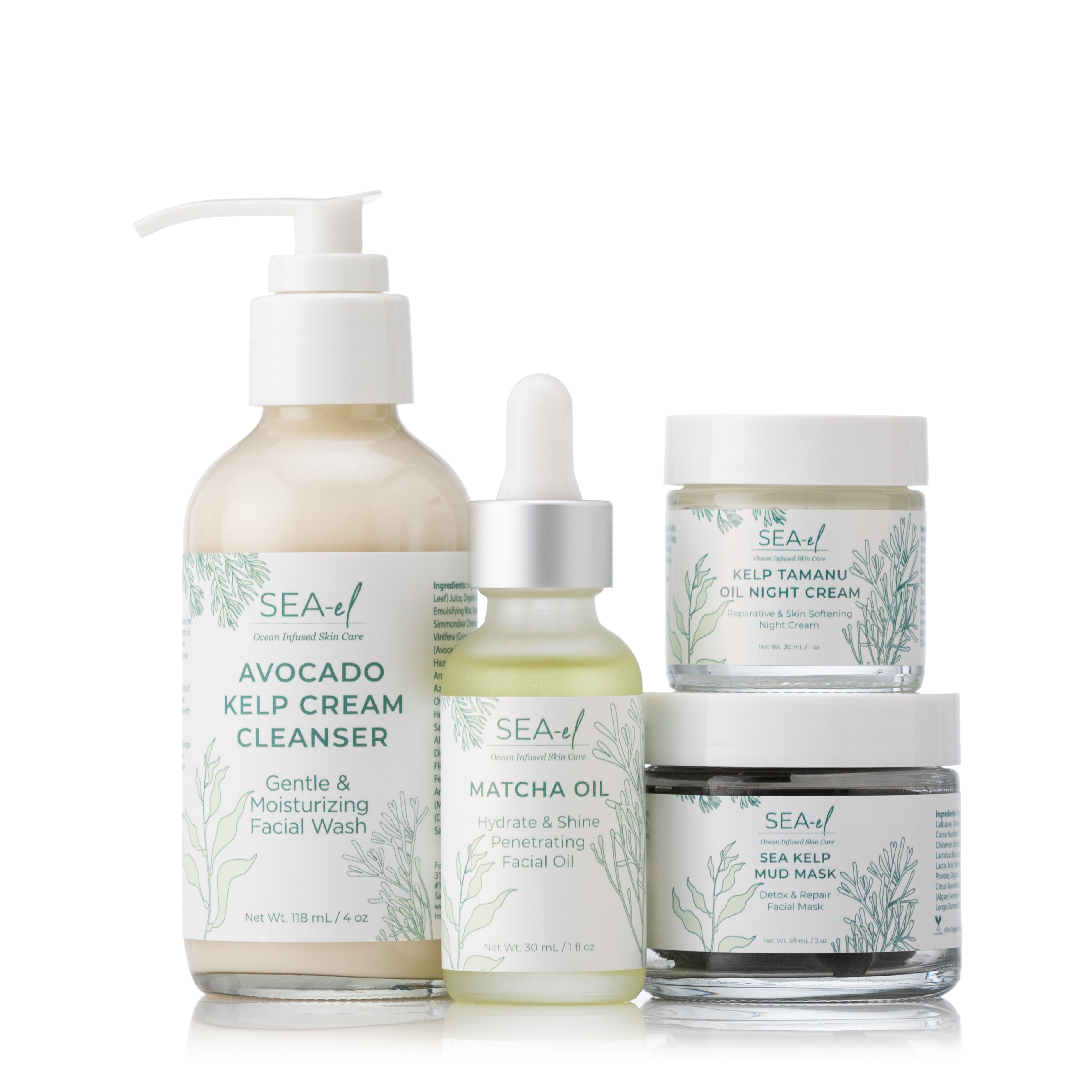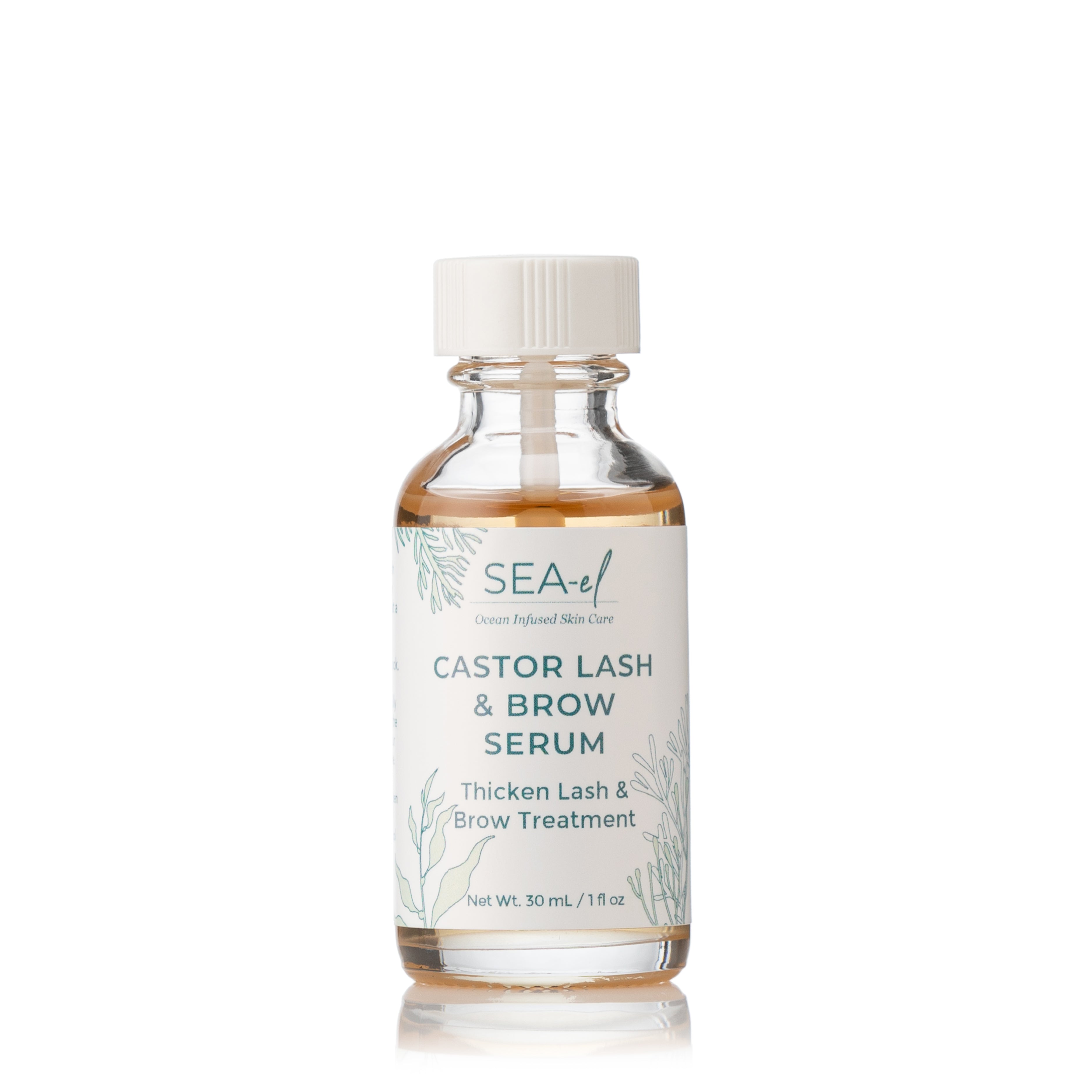Unlike land-based crops, seaweed doesn’t require fertilizer, pesticides, freshwater, or, obviously, land, making it a zero-input crop. Kelp is one of the fastest growing organisms on earth and can grow as much as 15 feet in one season. Kelp absorbs CO2 while it’s growing, making it a valuable carbon sequester. Algae also absorbs other excess nutrients like nitrogen and phosphorus, and creates new habitats for marine life and kelp does not rely on other marine life for food, making it one of the most sustainable ingredients.
Regenerative ocean farming has been identified as a key solution to climate change. It has the power to sequester carbon on land and sea, reduce methane production in livestock, rebuild marine ecosystems, enrich soil, and address the global plastics problem.



